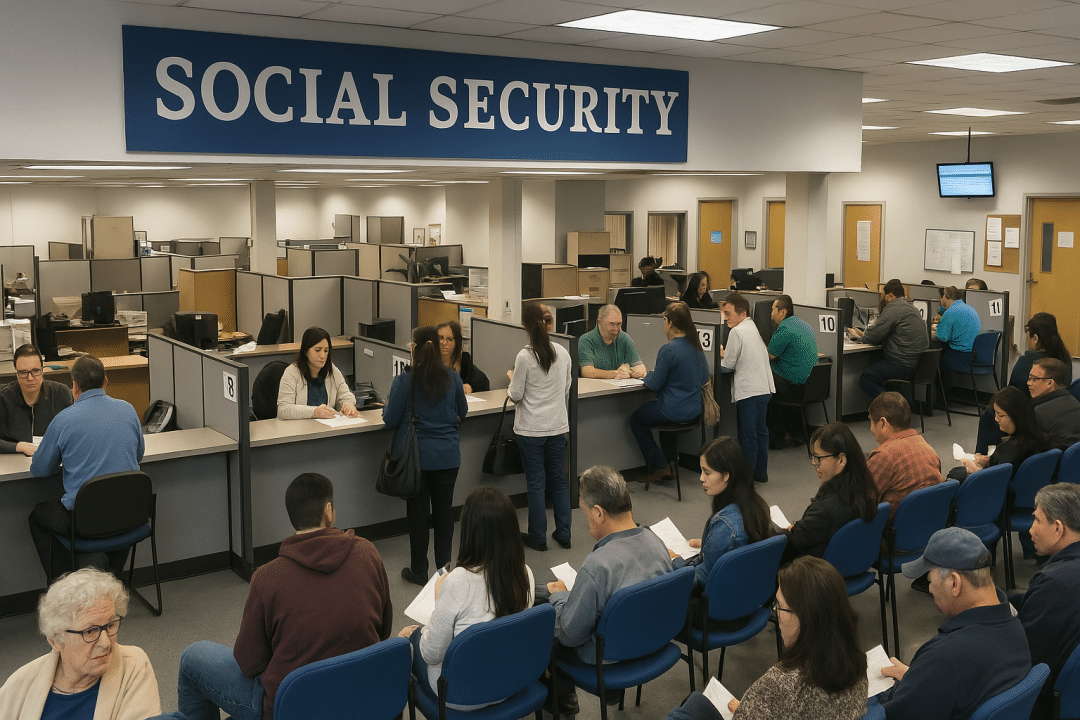A new bill introduced in Congress could significantly boost Social Security cost-of-living adjustments (COLA) and reduce the tax burden on millions of retirees starting in 2026. Lawmakers say the proposal aims to strengthen retirement income amid rising inflation and housing costs.
Here’s what’s in the bill and how it could affect Social Security recipients.

What is the COLA Reform Act of 2025?
The COLA Reform Act of 2025 proposes to change how the government calculates annual Social Security COLA increases. Instead of using the Consumer Price Index for Urban Wage Earners (CPI-W), the bill would require the Social Security Administration to adopt the Consumer Price Index for the Elderly (CPI-E).
Supporters say CPI-E better reflects the real spending patterns of seniors, particularly for housing, healthcare, and prescription drugs.
“Using CPI-E will more accurately measure the costs older Americans face every day,” said Rep. Linda Sánchez (D-CA), a lead sponsor of the bill. “This change would mean bigger increases in Social Security checks each year.”
How would this change benefit retirees?
If passed, the bill could result in larger COLA increases each year. For example, if CPI-W leads to a 2.5% adjustment, CPI-E might yield closer to 3.0%—a significant difference over time.
Key potential benefits:
- Higher annual increases in retirement benefits
- Stronger protection against inflation for fixed-income households
- Compounded growth in monthly checks over the long term
The bill would take effect beginning with the 2026 COLA.
Will Social Security taxes go down too?
Yes. The same proposal also seeks to raise the income thresholds for taxing Social Security benefits. Currently, single filers who earn more than $25,000 and joint filers earning over $32,000 pay taxes on part of their benefits.
These income thresholds have not been adjusted since 1984.
The bill would:
- Raise the taxable income limit to $35,000 for individuals and $50,000 for couples
- Index the thresholds to inflation moving forward
This means fewer retirees would pay taxes on their benefits, and those who do may pay less.
What are the chances it passes?
The COLA Reform Act has bipartisan support, but it faces obstacles in a divided Congress. Some lawmakers argue the bill could worsen the long-term funding gap for Social Security without additional revenue sources.
The Social Security Trust Fund is projected to become insolvent by 2033, according to the latest report from the SSA Board of Trustees. Any change that increases benefit payouts may require offsetting measures.
Hearings on the bill are expected to begin in May.
Why this matters now
Social Security is the primary source of income for more than half of retirees, according to the Center on Budget and Policy Priorities. Rising costs for essentials like food, rent, and medicine are eroding the buying power of benefits—even with annual COLA adjustments.
Switching to the CPI-E and reducing tax burdens could help stabilize retirement income for millions of Americans.
Stay Informed: You can track the bill’s progress at congress.gov or sign up for SSA policy updates at ssa.gov.
Related Reading
Want to check out more from FL1? Check out these related topics!
- Your Life, Your Money
- Stimulus Check News
- DOGE News
- Food Stamps & SNAP News
- Social Security News
- SSA Cost of Living Adjustment News
- IRS News
- Child Tax Credit News
- Latest from Congress
- Gas Prices
- Medicaid
- Medicare
Stay informed. For the latest breaking news and headlines from across the FL1 National Desk subscribe using the Google pop-up prompt or download the FingerLakes1.com App!
